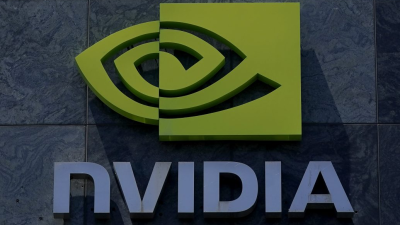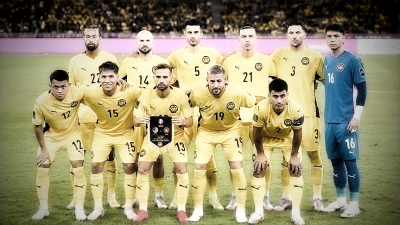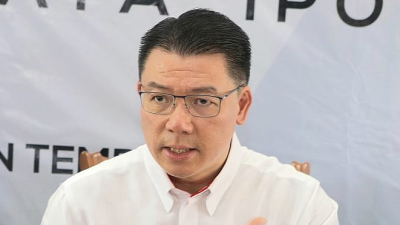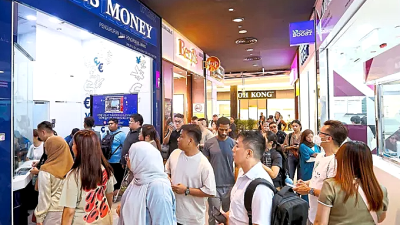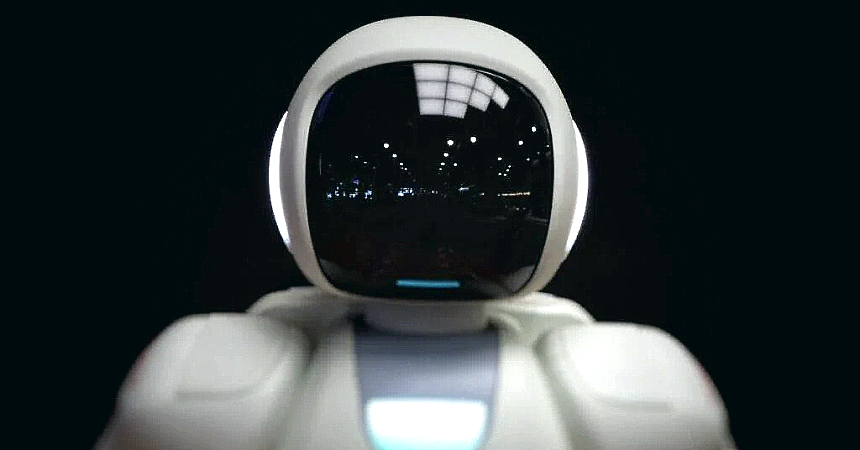
It’s all about saving more lives and helping us live longer, better lives – something we’ve always wanted, right?
The cool part is, AI isn’t just some future dream; it’s making a real difference as we speak, and it’s only going to get bigger and faster from here.
Today, AI is being used successfully in several real-world healthcare applications, performing at the same level or even better than a trained human.
One such task is the diagnosis of chest x-ray images. AI can diagnose more than nine lung diseases, such as lung cancer, pneumonia, tuberculosis, and most recently COVID-19, with over 99% accuracy, surpassing human radiologists in certain standard test benchmarks.
Using a special Fundus camera to take close-up photos of the eye’s retina, AI can also identify the prevalent diagnosis of diabetes with very high accuracy.
AI trained to “listen” can also identify speech-affected symptoms caused by Alzheimer’s or strokes with such accuracy that it can be used for pre-screening, especially for strokes where timely diagnosis and treatment are crucial.
Perhaps more usefully, for certain diseases, AI has the predictive power to determine whether and when a disease will manifest in a person, based on patient information, enabling proactive prevention measures.
AI chatbots have also been used successfully to help screen initial diagnoses through symptom interviews, reducing wait times and doctors’ workloads, while increasing response efficiency.
Simple diseases that usually overload the healthcare system can often be easily screened out through this type of interview-based diagnosis whereas human doctors are typically required for more complicated cases.
With AI, healthcare becomes more accessible, even in remote areas where the lack of qualified doctors may necessitate the use of AI.
Since it can be used anywhere and at any time, often requiring only a smartphone with a microphone and camera, an AI application can perform the heavy lifting of initial diagnosis evaluation.
A mobile unit equipped with special equipment and an AI application can also be set up to serve remote areas, eliminating the need for specially trained personnel.
While these AI systems have been proven to work well, sometimes even surpassing the capabilities of trained human healthcare workers, they are still recommended for use as an assistant to human workers.
Research shows that a radiologist performs more than 15 tasks a day, with only one of these being the reading and interpreting of x-ray images.
The fact that AI can perform one task as well as human radiologists does not mean we should or can replace all radiologists.
On the contrary, having AI as an assistant means a reduced workload for healthcare workers, who will supervise the AI that helps in screening cases and serving as a first response.
Human healthcare workers, with more free time, can attend to higher-level tasks such as talking to patients, reading between the lines, and understanding the context of the patient for better, more holistic, and more humane treatment.
Imagine an elderly woman coming in with multiple symptoms; the treatment of the disease may be just part of the reason she comes to the hospital, whereas sometimes all she needs is someone to talk to because there is no one else at home.
Only a human can understand her living conditions, perhaps recognizing that she has no one to remind her when to take her medicine, and that part of the cause of certain symptoms is merely loneliness.
The “treatment” might be planned differently than for someone who is younger and lives in different circumstances than the elderly lady.
Having a human connection and empathy is a task that AI currently struggles to match and may not even achieve in the near future.
Behind the scenes, AI has also been used to assist in drug discovery.
It can analyze a vast amount of data and predict the outcome of a certain medicine even before it is manufactured or tested in a living organism.
This helps in speeding up the process, reducing resource waste, and lowering the risk of serious side effects in living test subjects.
Furthermore, AI can also pave the way for personalized medicine, where each patient receives treatment tailored to them based on AI predictions.
This is because different medicines can be more effective for one person but not another, depending on their genetic profile and other environmental and behavioral factors.
AI’s already getting busy in healthcare, and let me tell you, it’s set to seriously upgrade our lives pretty soon.
ADVERTISEMENT
ADVERTISEMENT







